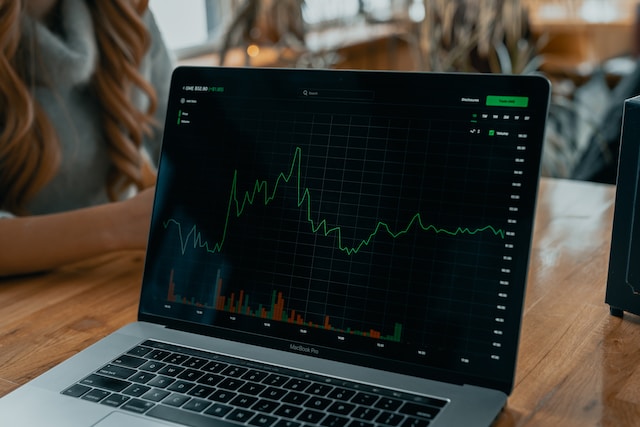
Chartered Economist is a comprehensive program designed to provide students with the skills and knowledge necessary to become a professional economist. This program includes twelve advanced modules, which cover a wide range of topics related to economics, such as economic data analysis, economic theory, macroeconomics, international economics, public policy, and finance.
The twelve modules provide students with comprehensive and in-depth coverage of
economics and related topics. In addition to lectures and discussion forums, students will also have the opportunity to participate in hands-on activities, such as data analysis, simulations, and case studies. Through these activities, students will gain a deep understanding of economics and its application in the real world.
The Chartered Economist program provides a comprehensive and detailed overview of economics and related topics. Through the twelve advanced modules, students will gain an understanding of economic concepts and their application in the real world. This program is suitable for students and professionals who are looking to gain a deeper understanding of economics and its impact on society.
Introduction to Economics This module provides an overview of the field of economics and its various concepts, such as supply and demand, market structure, and elasticity. This module also introduces students to the tools and techniques used by economists to analyze data and draw conclusions.
Microeconomics This module focuses on the microeconomic aspects of economics. It covers topics such as the consumer theory, production theory, and market structure.
Macroeconomics This module explores macroeconomic theory and its application in the real world. It covers topics like economic growth, inflation, and unemployment
International Economics This module covers the international aspects of economics. It discusses topics such as trade policies, foreign exchange markets, and global economic integration.
Economic Data Analysis This module introduces students to the use of economic data to make informed decisions. It covers topics such as data collection, descriptive statistics, and economic indicators.
This module introduces students to game theory and its application in economics. It covers topics such as bargaining, auctions, and pricing strategies
This module provides an introduction to econometrics and its application in economics. It covers topics such as linear regression, time series analysis, and forecasting.
Public Policy This module introduces students to public policy and its application in economics. It covers topics such as fiscal and monetary policy, taxation, and regulation.
This module covers the financial aspects of economics. It discusses topics such as corporate finance, capital markets, and risk management.
Behavioral Economics This module introduces students to the field of behavioral economics. It covers topics such as decision making, incentives, and behavioral biases.
This module covers the study of firms and markets. It discusses topics such as market structure, competition, and pricing.
This module introduces students to the field of economic development. It discusses topics such as poverty, inequality, and economic growth.
Start your journey to expertise today
Sign up to our newsletter